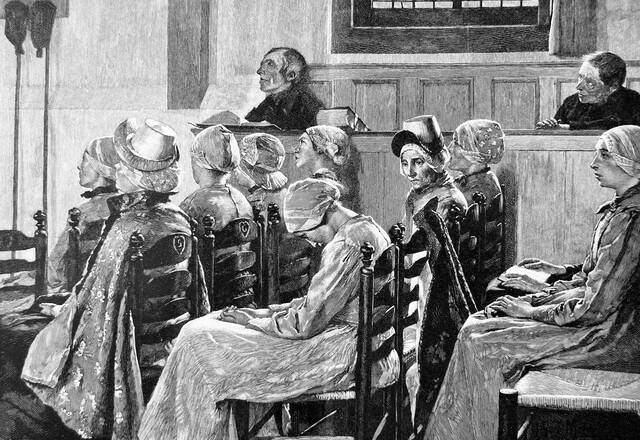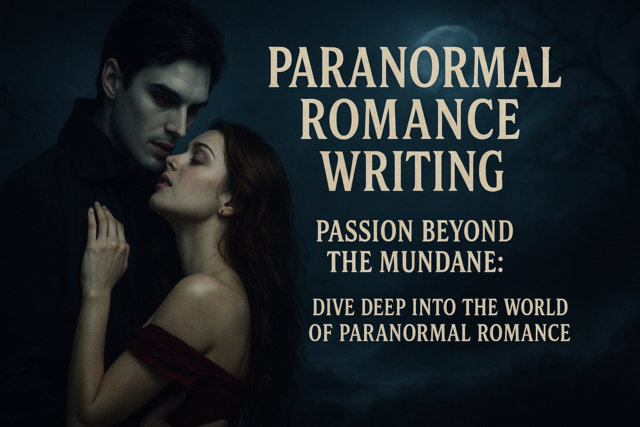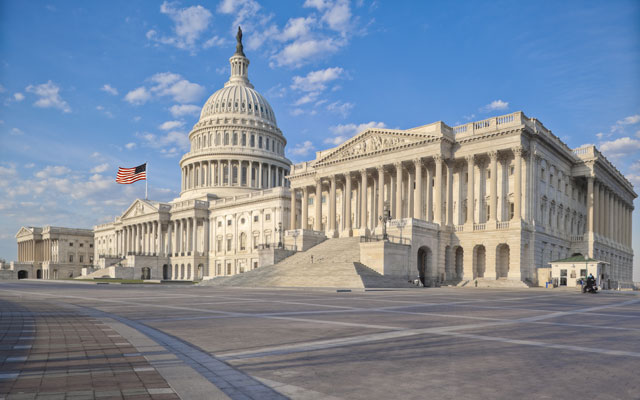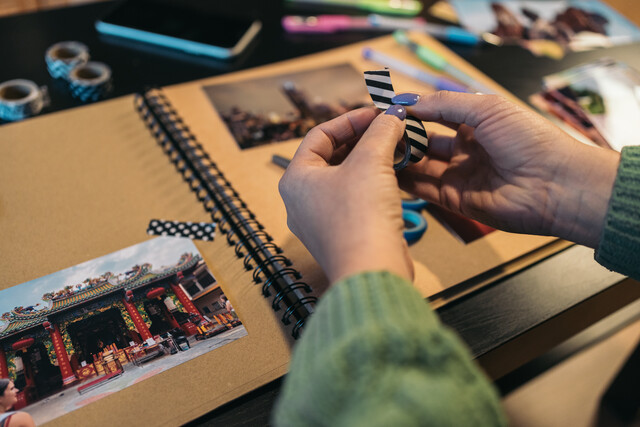Salem Witch Trials
Unearth the Mysteries of Mass Hysteria and Justice in Colonial America

4 Hours average completion time
0.4 CEUs
10 Lessons
21 Exams & Assignments
45 Discussions
10 Videos
11 Reference Files
78 Articles
Mobile Friendly
Last Updated January 2026
"Salem Unveiled: A Deep Dive into the Enigma of the Witch Trials"
The haunting echoes of Salem, Massachusetts in 1692 reverberate through the annals of American history with a chilling resonance. A quaint town, marred by a frenzy of paranoia, saw the persecution and execution of many in the name of witchcraft. This dark chapter, while not a pivotal turning point like the Revolutionary War, has nonetheless captured the collective imagination, inspiring countless debates, theories, and narratives over the centuries.
Why has the Salem Witch Trials maintained such a stronghold on our cultural psyche? "Salem Unveiled" seeks to unravel this very enigma.
Course Highlights:
-
Setting the Stage: Traverse the cobbled streets of Colonial Salem. Delve deep into the socio-political and cultural backdrop that simmered with tensions, laying fertile ground for chaos.
-
A Timeline of Terror: Chart the escalating events, from innocent murmurs of superstitions to the deafening cries for justice against supposed witches.
-
Behind the Accusations: Journey into the minds of accusers. Unearth their motivations, fears, and ambitions that catalyzed the hysteria.
-
Faces of the Accused: Bring to light the stories, hopes, and dreams of those thrust into the limelight under grim circumstances. Delve into their lives, seeking clues that led to their unfortunate fates.
-
Inside the Courtroom: Examine the intricacies of the legal proceedings. Dissect how societal influencers, high-ranking officials, and religious leaders swayed the hand of justice, often with dire outcomes.
-
Legacy and Lessons: As the dust settled on the trials, Salem was forever changed. Explore the aftermath and the indelible marks left on the fabric of American society.
-
The Echoes of History: Discover how the trials influenced art, literature, and contemporary culture, immortalizing Salem's story in myriad forms.
"Salem Unveiled" is more than a historical course-it's a journey through the psyche of a society on the edge. With a blend of rigorous research, poignant narratives, and immersive storytelling, this course promises not just knowledge but profound insights.
Join us as we traverse time, delving into a world where reason battled superstition, where voices were suppressed, and where echoes of cries for justice still linger. Uncover the lessons, warnings, and stories buried in Salem's soil, ensuring they're neither forgotten nor repeated.
- Understanding societal influence and dynamics
- Evaluating historical narratives and biases
- Cross-cultural communication and empathy
- Recognizing effects of mass hysteria
- Historical analysis and critical thinking
- Analyzing legal and ethical frameworks
- Evidence-based reasoning and decision-making
- Exploring legacy and cultural impact
- Interpreting religious and philosophical influences
-

Creative Writing for Beginners
-

Ultimate Secretary Training Bundle
-

Health Education 101
-

Data Analysis for Business
-

Paranormal Romance Writing
-

Spiders and Other Insects in North America
-

Dog Training All-In-One Course Bundle
-

Dog Grooming 101
-

Party Planning 101
-

Second Grade Curriculum
-

Investing 101: Stocks, Bonds, and Mutual Funds
-

How to Bake Cookies
-

American Government
-

Secrets of France
-

Procurement Management
-

Business Etiquette
-

Careers in Healthcare
-

Community Development 101
-

Cooking Class Bundle: 5 Cooking Courses
-

Management Essentials
-

Writing Help Course Bundle
-

Traditional Scrapbooking
-

Ultimate Excel Training Bundle
-

Marketing 101
-

Restaurant Management Mastery